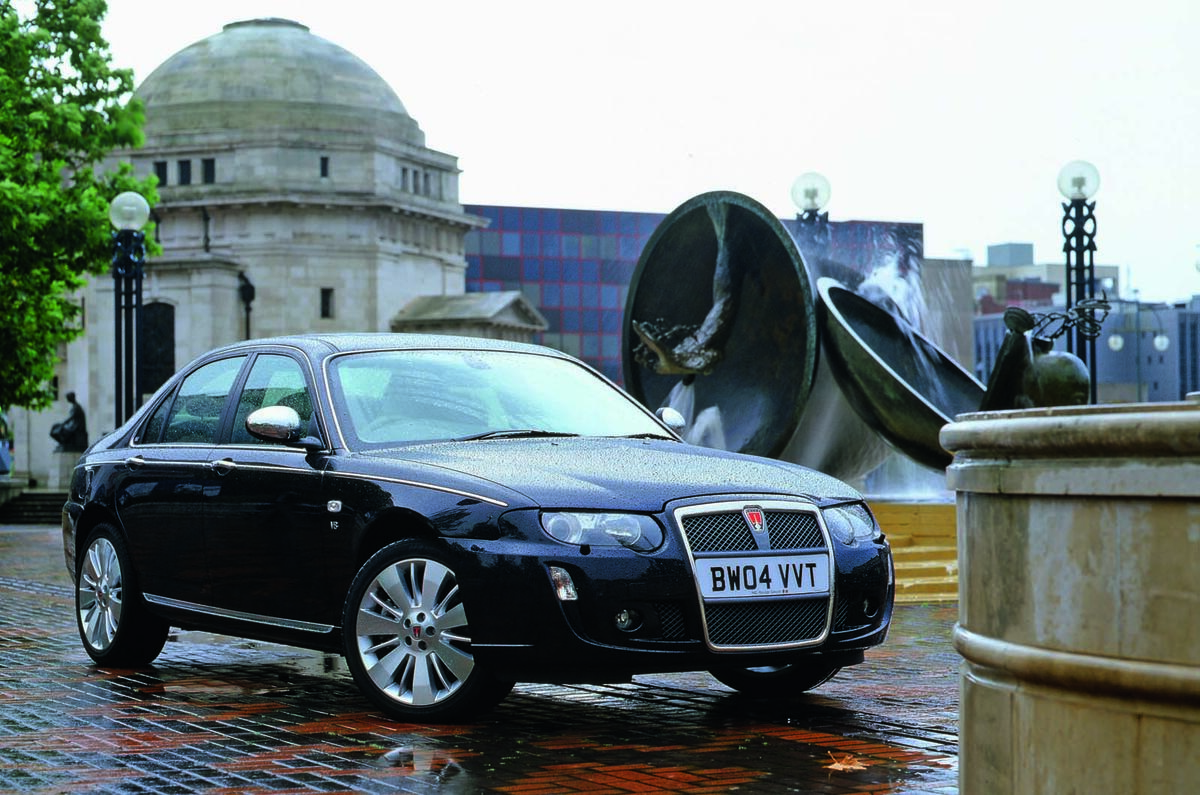BMW’s long relationship with the British car industry was triggered way back in 1993. The then Rover Group approached the company and asked to buy BMW’s impressive 2.5-litre diesel engine for the upcoming Mk2 Range Rover.
This piqued the interest of BMW’s new boss, Bernd Pischetsrieder, who was both an Anglophile and the great-nephew of Mini designer Sir Alec Issigonis. BMW tried to buy Land Rover from owner BAe but was told the company would sell only the whole Rover Group.
In February 1994, BMW shocked the automotive world by buying the Rover Group – the Mini brand being a great temptation – and waving through plans for the Rover 75 and Land Rover Freelander. But by 1999, BMW was sinking under the weight of huge Rover losses and the UK government’s refusal to grant aid for the complete reconstruction of the decaying Longbridge plant.
In early 2000, BMW bailed out. It kept Mini but was desperately frustrated to have to sell Land Rover to Ford, which had also owned Jaguar for a decade.
BMW was left with a significant UK manufacturing footprint as a result of its ownership of Rover. BMW’s Oxford plant makes the Mini, it has a pressing plant at Swindon and Hams Hall makes BMW engines. It also built a new Rolls-Royce factory in West Sussex.
This possible JLR-BMW tie-up is potentially self-reinforcing for UK automotive manufacturing. The volume of BMW engines and FAAR-based vehicles could at least double in the UK to 500,000 a year – and grow further again beyond 2025.
FAAR electric motors would be built at Wolverhampton for both companies and, by 2025, there should be significant battery construction capacity in the UK. It could be an enormous win-win for UK Automotive plc.
Read more
Compact Jaguar SUVs tipped to use BMW platform
New 2021 Range Rover spotted with BMW V8 engine
Jaguar Land Rover and BMW to extend alliance plans






Join the debate
Add your comment
John Mills
Great Rib 3 design roofing is among the most typical styles. It's popular, affordable, vertical design metal solar panel with thoroughly clean traditional outlines. Horizon or even Alu Loc is actually another up and down style steel panel that lots of architects specification out with regard to custom house construction. Shingle Design Metal Roof covering is an additional option. http://www.roofingmidlandtx.net
If i m not mistagen, BMW
BMW could revive the Rover brand if it wanted
It's got a front wheel drive platform now, can expand that to enable larger vehicles. BMW could have stayed a rear wheel drive brand. While Rover could have been front wheel drive brand, originally based upon lengthened mini platform.